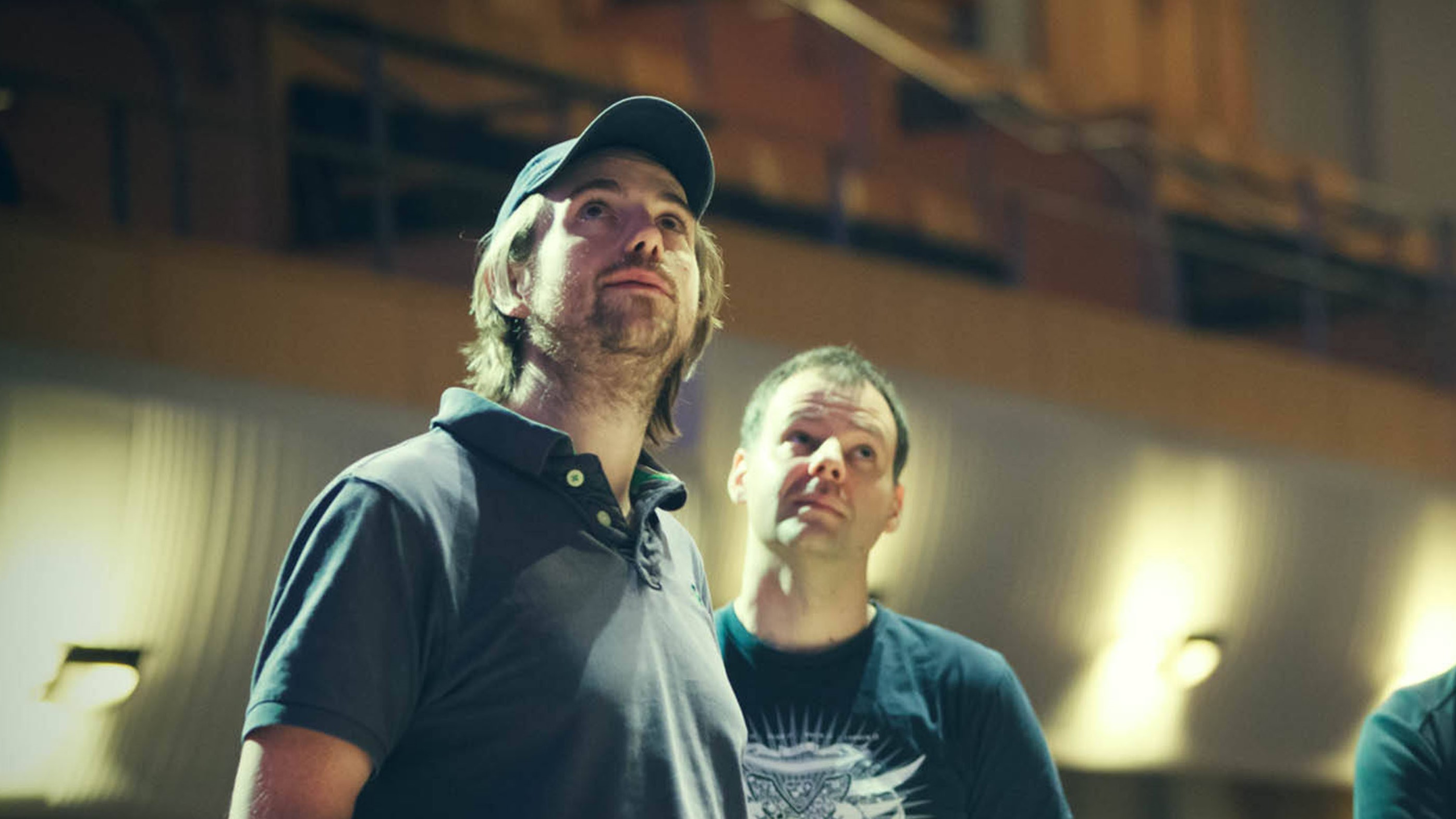One of Australia’s top tech companies has threatened to take operations offshore, as new skilled immigration reforms near finalisation.
Speaking at a Senate Committee Hearing on the Future of Work and Workers in Melbourne, Atlassian Co-founder and CEO, Mike Cannon-Brookes, said the recent visa changes would make it difficult to attract global talent to Australia.
“Lack of access to experienced, global talent is the single biggest factor constraining the growth of the technology industry in Australia,” he told the committee.
“For my view, we’re thinking about skilled immigration completely backwards.”
Cannon-Brookes founded Atlassian in 2002, alongside Scott Farquhar, as a small software start-up.
Sixteen years later it is perhaps Australia’s top tech company, with 110,000 enterprise customers in 160 countries and annual revenue of $619.9 million.
Headquartered in Sydney, it employs 2,500 staff worldwide – over 1,000 in Sydney, with around 250 of the Sydney staff currently on the soon-to-be abolished 457 temporary migration visas.
In April last year, it was announced that Temporary Skills Shortage visas would replace the previous 457 visas – bringing with it tighter regulations for applicants and a reduced occupation list.
“Highly skilled, experienced migrants are ‘job multipliers’ for Atlassian – for every one senior person we import, we hire many more around them,” he continued
“The previous changes to LAFHA and then recently the 457 visa changes damaged Australia's reputation in the largest industry in the world: We said to the global tech industry - "we're closed for business.”
“The government's policy changes to 457 visas - and the uncertainty that came with the announcement - hurt us directly.
“The restrictions are suffocating our ability to become a leading innovation nation - and threatening Atlassian's ability to remain HQ'd (headquartered) here.
“Our future success depends on our ability to attract the world’s best tech talent... today.”
An industry perspective
Established in October 2017, the Select Committee on the Future of Work and Workers has set out to inquire and report on the impact technology will have on the future Australian workforce.
While a wide range of individuals, professional associations and organisations have both made submissions and presented to the inquiry (Atlassian did not file a submission), Cannon-Brookes expressed his frustration at the under-representation of the technology industry in the process.
“I’d encourage you to think of Atlassian and companies like us in the technology industry as a case study of the future in the here and now,” he said.
“Many of the people who have submitted to you, worthy that they are, are from representative bodies and the research community.
“They are dealing with the workplace at arm’s length and in theory. For us, it is our business. We live it every day.”
He described the technology industry as a “rocket ship”, now surpassing finance as the biggest global industry and explained that for Australia to get a seat on the rocket ship, it must begin to produce as much technology as it consumes.
“Australia generates 1% of the world’s GDP,” he explained
“To continue our relative wealth and quality of living, we need to be primary producers of 1% of the world’s technology. We aren’t even close today.”
The world of technology
Increasing the production of technology could be assisted, however, through the digital transformation of existing sectors.
“Something that everyone needs to know, and I can’t possibly overstate this, is that every single company is becoming, or already is a software company,” he continued.
He spoke of the autonomous transport industry as an example of technology disrupting an existing industry for the best, citing the deaths that could be reduced through removing human error in driving.
“This future is here,” he explained
“Waymo/Google is going live this year on Phoenix streets with their self-driving cars.
“It’s in early access to sign up for today – this is not science fiction.
“We must approach this future with empathy and planning - not denial and hope. As I love to say at work – ‘hope is not a tactic.’”










